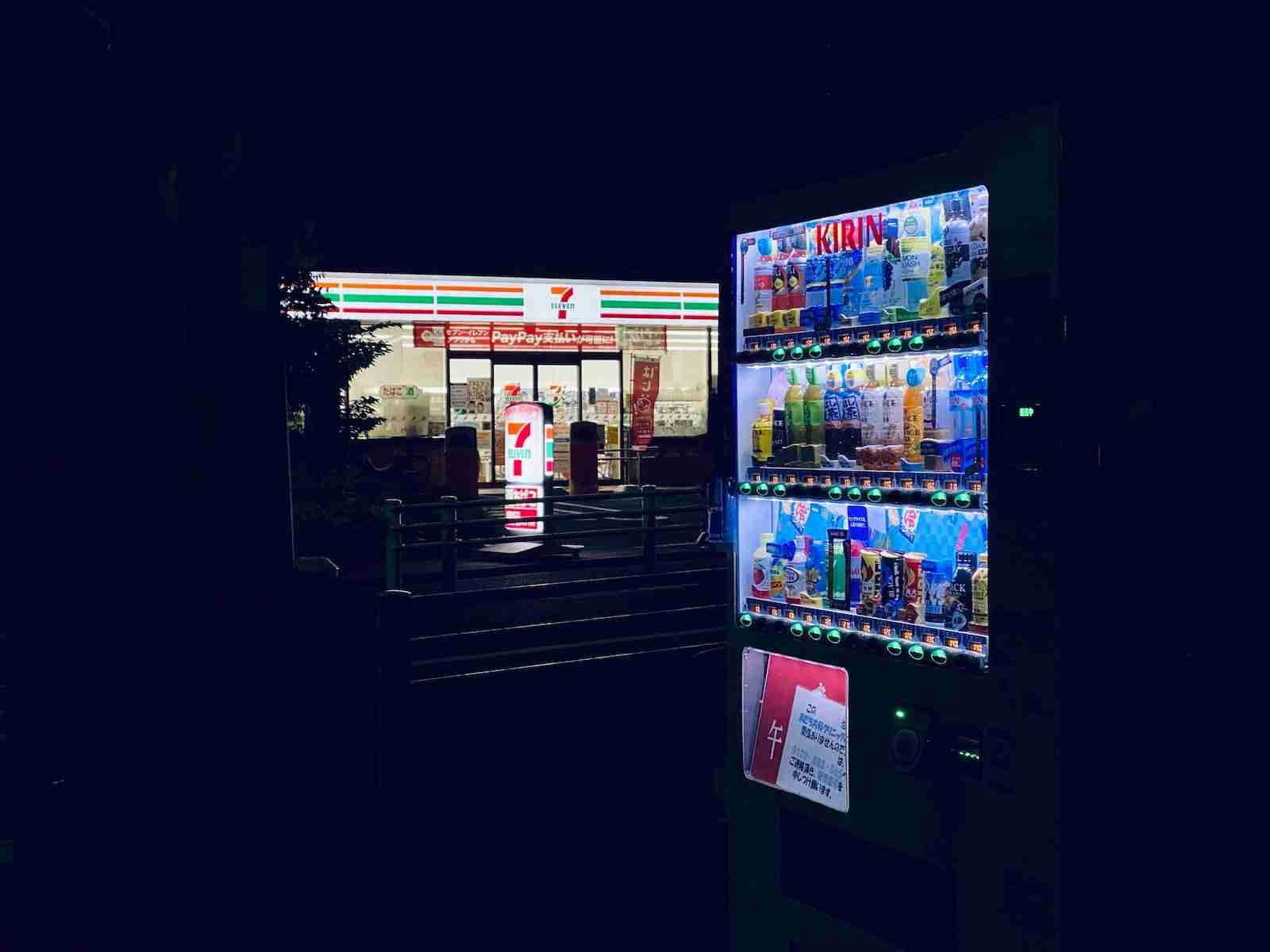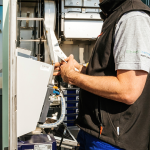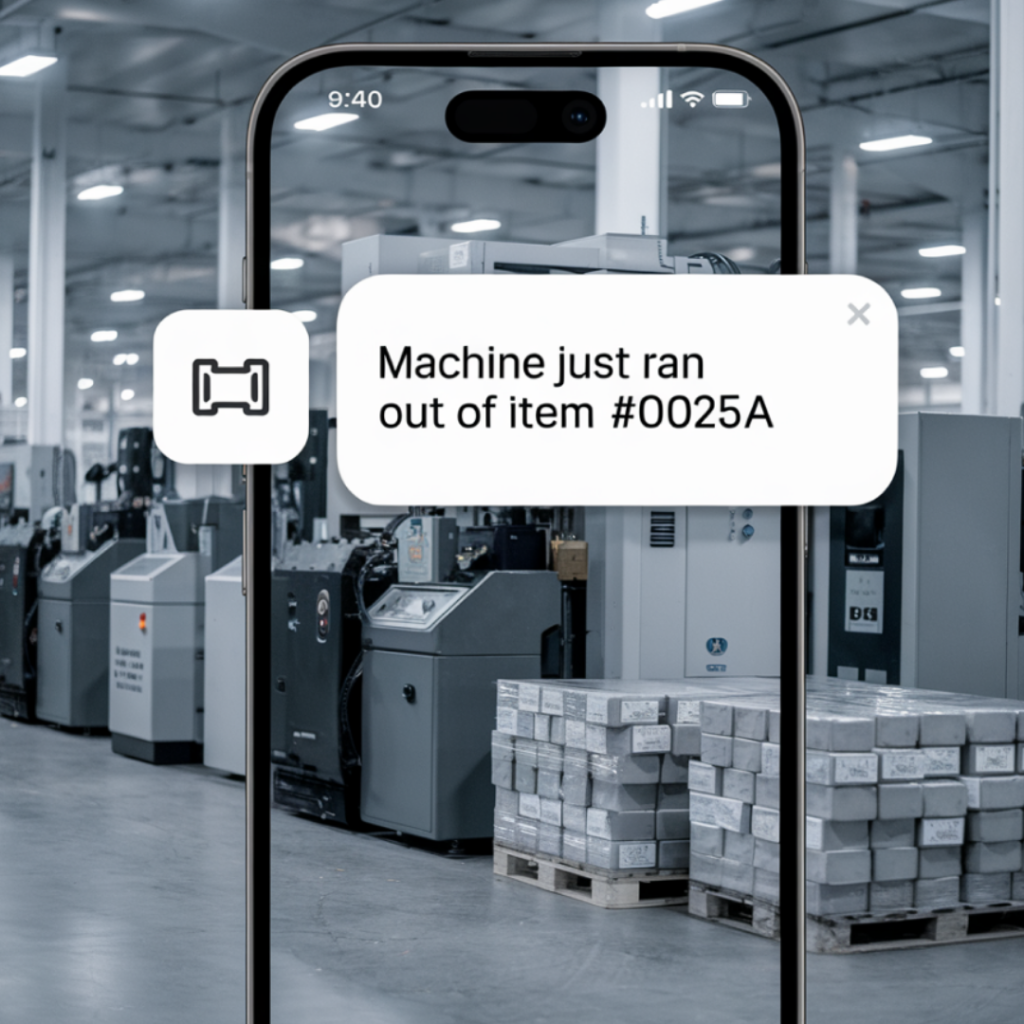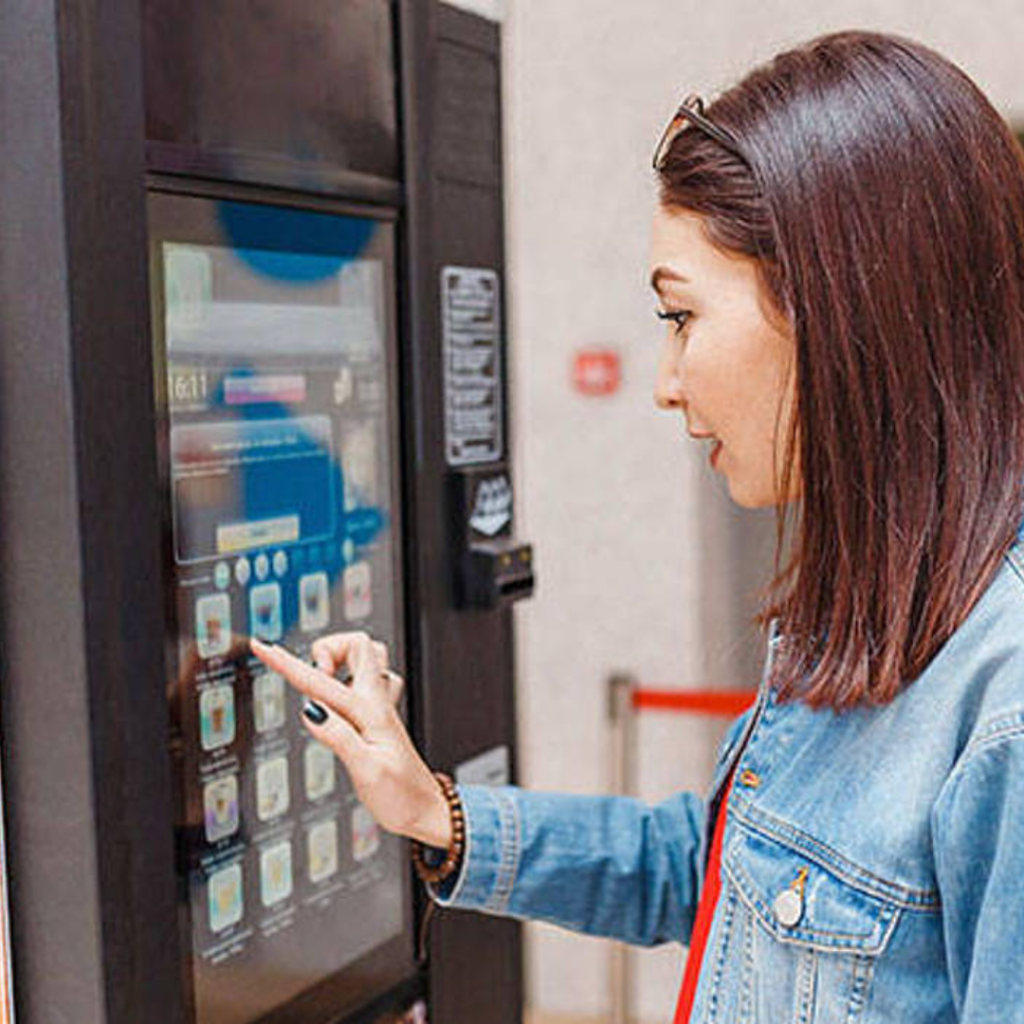The Buyer’s Guide: How to Make Smart Decisions When Buying Vending Machines

How to buy a vending machine is a question many budding entrepreneurs grapple with. In the burgeoning realm of passive income sources, vending machines emerge as a lucrative option. However, the key lies in making an informed purchase tailored to your business objectives and budget. This guide will pave the way for a smooth and confident buying journey.
Introduction: The Growing Popularity of Vending Machines
Over the past few years, the vending machine industry has witnessed substantial growth. These machines offer entrepreneurs the allure of passive income combined with relatively low maintenance. However, as with any investment, making an informed decision is crucial to ensure profitability and minimize risks.
For those new to the vending world, the myriad of choices can be daunting. Machine types, features, sizes, and even payment options can vary widely. This guide will delve into the intricacies of how to buy a vending machine, with insights to help navigate the purchasing process confidently.
The future seems bright for the vending industry. As technologies evolve and consumer behaviors shift, vending machines are finding their way into more niches and locations. Being equipped with the right knowledge ensures that you make choices that align with this evolving landscape.
How to Buy a Vending Machine: Starting with Clear Objectives
Before diving into the vast sea of vending machine options, it’s essential to have clear objectives. Why do you want a vending machine? Is it for a specific type of product or a general range of snacks and drinks? Your target audience, product selection, and desired profit margins all play into this decision.
The location of your machine plays a pivotal role in your objectives. High-traffic areas such as universities or business centers may demand different machines than quiet office buildings. By understanding the demands of your chosen location, you can better tailor your machine selection.
Lastly, think about your long-term goals. Do you see this as a one-off purchase or the start of a vending empire? Your plans for scalability and growth will influence the machine type, features, and even the supplier you choose.
Key Features to Look For
Modern vending machines are no longer simple coin-operated boxes. Today, they boast a range of features from digital payment options to touchscreen interfaces. But, it’s important to ensure that the features you choose align with your target audience’s needs and your product range.
Think about the products you’ll be vending. For instance, if you’re dispensing perishable items, you’ll need a machine with temperature controls. On the other hand, if you’re in a tech-savvy environment, a machine accepting digital payments might be a better fit. Always align the features with the demands of your chosen audience and location.
It’s also essential to look at the machine’s capacity and ease of restocking. Consider the machine’s potential for scalability, especially if you plan to expand your product offerings or locations. A machine that’s challenging to restock or has limited capacity might not be ideal if growth is in your sights.
New vs. Used Machines: Pros and Cons
Budget considerations often push business owners towards used vending machines. While the initial cost savings are evident, it’s crucial to consider the machine’s lifespan and any potential maintenance issues. Used machines can be more affordable upfront but may come with hidden costs down the line.
On the flip side, new machines, while pricier, often come with the latest features, technology, and warranties. They may also offer better energy efficiency, leading to long-term savings. It’s a balancing act between upfront costs, potential savings, and future-proofing your investment.
If you’re considering a used machine, it’s paramount to conduct a thorough inspection. Understand its history, any past issues, and why it’s being sold. This due diligence can prevent potential pitfalls and ensure that you’re getting value for your money.
Finding Reputable Sellers and Avoiding Scams
In today’s digital age, scams are unfortunately all too common. While the internet offers a plethora of buying options, due diligence is vital. Always start by checking seller reviews, testimonials, and the company’s history. Established vendors with a strong track record in the industry are usually a safer bet.
Asking the right questions is essential. Inquire about the machine’s history, any warranties, servicing records, and the reason for sale. Often, these questions can unveil any potential red flags or concerns.
Networking also plays a role in finding reputable sellers. By joining vending machine forums, attending industry trade shows, or even just networking with other business owners, you can get recommendations and insights into reputable sellers and perhaps even a few negotiation tips.
Negotiating the Best Deal
Entering into the negotiation phase can be daunting for some, but remember that most prices have some wiggle room. Start by understanding the machine’s market value. Having a ballpark figure in mind can provide a benchmark for negotiations.
Think about additional costs or potential savings. Are there financing options available? Can you get a discount for buying multiple machines or paying in cash? Every seller might have unique deals or options available, so it’s always worth asking.
Lastly, ensure you understand all the terms of the sale. This includes warranties, delivery costs, installation support, and any after-sales service. Getting a good deal isn’t just about price but about ensuring you’re getting value for your money.
Delivery, Installation, and Initial Setup
The purchasing process doesn’t end when you hand over the money. Ensuring a smooth delivery, installation, and initial setup is paramount to getting your business off the ground successfully. Start by confirming any delivery fees or requirements, ensuring you have the necessary infrastructure in place.
Upon delivery, it’s essential to spend time familiarizing yourself with the machine. This includes understanding its operations, setting up payment systems, and ensuring all features are functional. Running initial tests, even before stocking it, can highlight any potential issues.
Finally, consider the stocking process. Understanding the best practices for product placement, ensuring items are fresh, and setting the right pricing are all crucial steps in setting your machine up for success.
Maintenance and After-sales Support
Regular maintenance not only ensures your machine’s longevity but also its profitability. A machine that’s clean, well-stocked, and fully functional is more likely to attract repeat customers. This includes regular cleaning, restocking, software updates, and ensuring all payment systems are operational.
Understanding the support offered by your seller or manufacturer is also vital. Can they provide timely servicing or parts if needed? How responsive are they to breakdowns or issues? Building a good rapport with your seller and understanding their after-sales service can ease your maintenance journey.
Moreover, consider joining forums or groups focused on vending machine businesses. Sharing experiences, tips, and solutions with peers can be invaluable. From troubleshooting common issues to getting recommendations for parts or service providers, a supportive community can make all the difference.
How to Buy a Vending Machine: Conclusion
Making the right decisions on how to buy a vending machine can significantly impact your business’s success and profitability. By arming yourself with the right knowledge and understanding the industry’s nuances, you can ensure that your investment yields fruitful returns and serves as a sustainable source of income for years to come.














